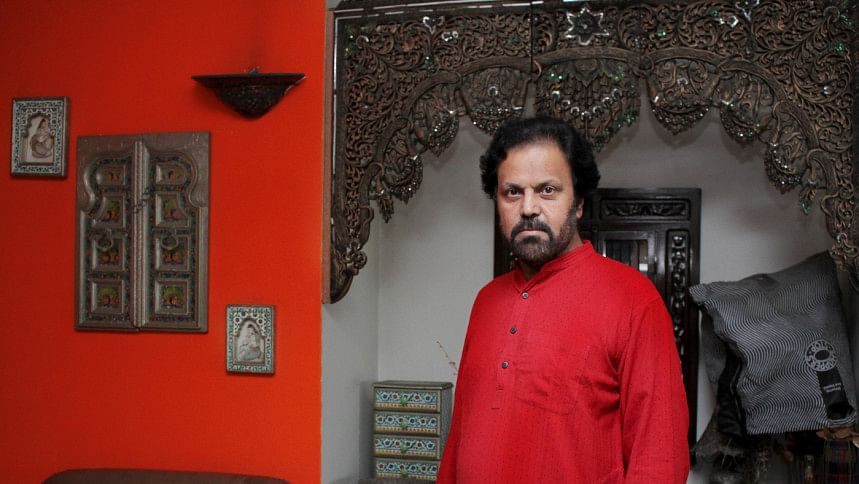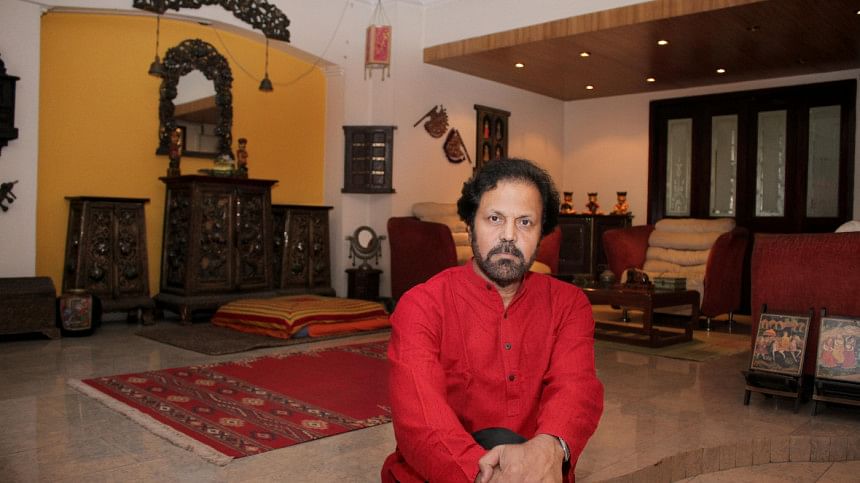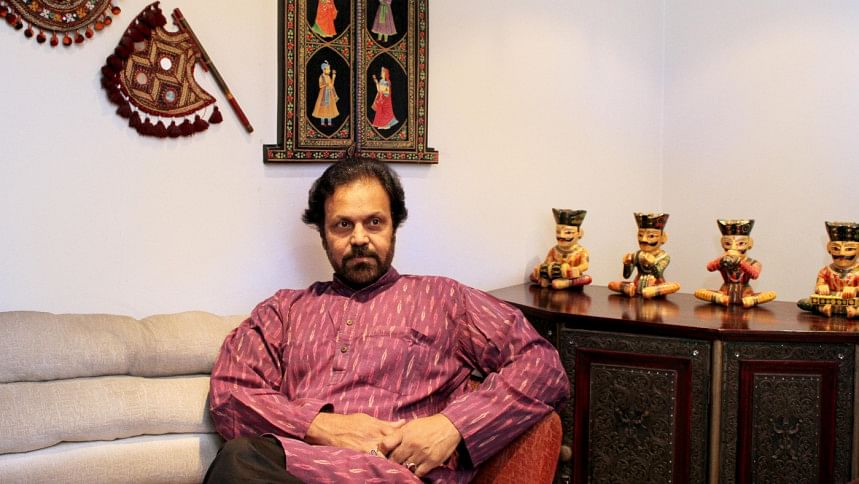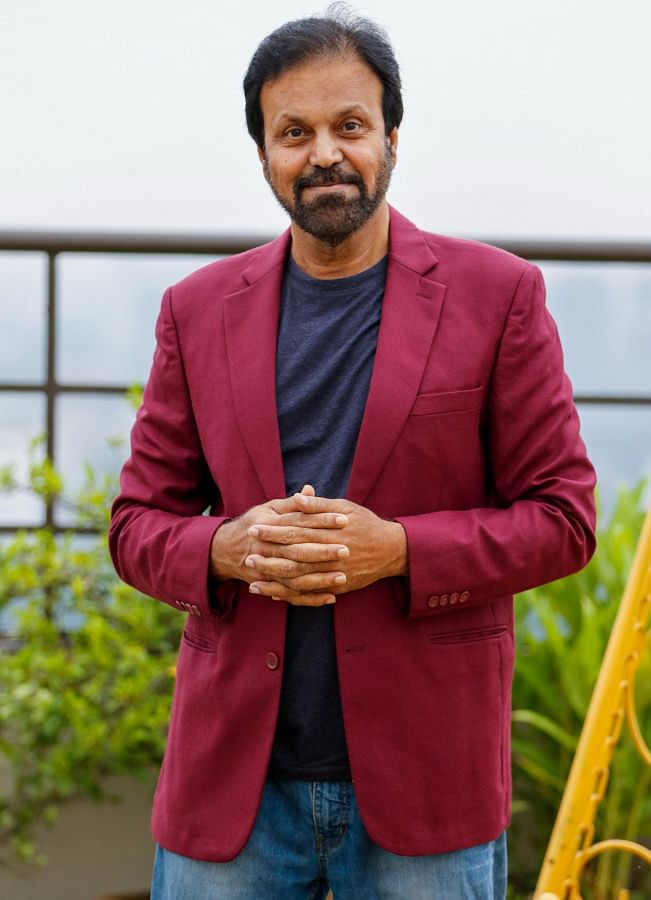‘We want real change’: Tariq Anam Khan on Actors’ Equity reform

With over five decades of experience in stage, television, and film, Tariq Anam Khan has long been a pillar of Bangladesh's entertainment industry. Now, he's stepping into a new role—at the forefront of a movement demanding reform within Actors' Equity Bangladesh.
The organisation has recently faced intense scrutiny, marred by its silence during the Anti-Discrimination Movement and the country's ongoing political turmoil. Adding fuel to the fire, some members were implicated in the controversial "Alo Ashbei" WhatsApp group, further damaging the institution's credibility.

These controversies have shattered the trust of many artistes, sparking widespread calls for reform. In response, a group of reformist actors has publicly rejected the current leadership, accusing the elected executive and advisory councils of abandoning their artistic principles and failing to protect the integrity of the profession.
The announcement came during an open discussion titled "Kotha Bolte Chai, Kotha Shunte Chai" (Want to Speak, Want to Listen), held on September 10 at Dhanmondi's Rabindra Sarobar, where over 50 actors gathered to voice their discontent.

In response to the call for reforms, Actors Equity scheduled an emergency meeting on Wednesday (September 18) at a convention hall in Mohakhali in the capital.
To address these concerns, an interim reform committee has been formed to prevent the current leadership from making further decisions. The new committee, led by renowned actor Tariq Anam Khan, will serve for four months.
"We're at a point where we want reform," said the actor, in conversation with The Daily Star. "Just a few days ago, we held a special general meeting for Actors' Equity. Many members voiced their opinions, and now it's clear—we need reform. Our profession demands more discipline and a brighter future for the artistes. That's the heart of what we discussed."

While the previous committee remains in place, Khan was quick to clarify its reduced role. "The previous committee remains in place," Khan explained, "but now, we'll decide how to implement the necessary reforms. Our focus will include everything from revisiting the constitution to creating a better work environment for actors. We'll move forward with everyone's advice."
When asked about his position as the head of the interim committee, Khan confirmed, "Yes, I've been chosen to lead this committee. It's an interim body, and we're looking to add around four to five members, maybe six or seven. We'll be working as a team."

But this isn't about just maintaining the status quo. Khan clarified that the interim committee will consist of neutral individuals— "those who are unbiased," he added. "No one in this reform committee will be running for the next Actors' Equity election. We're here to lay the foundation, not campaign for future roles."
When asked about the previous committee's duties, Khan said, "The old committee will handle routine work, but will not make any new decisions. They won't initiate anything new either. Their job now is to assist us in making the necessary reforms."

This transition period is designed to pave the way for the upcoming Actors' Equity election, which is set to take place in four months. "Their term is still valid for about four months," Khan continued. "Once the new leadership is elected, they'll move forward with the work."
As for what lies ahead, the actor shared some insight into how the reform process will unfold. "We'll decide in the normal course who can become new members, what rights they'll have. If someone isn't a member yet, they'll need to follow the rules and join properly. We're aiming to create a more refined, inclusive space for everyone."
Above all, Khan emphasised neutrality and fairness in this process. "We're going to approach this from a neutral standpoint, focusing on the actors and their needs. That's our priority," he said.
Among the demands from reformists are official recognition of acting as a profession, improved registration systems, and the creation of benefits for professional actors. There's also a push for clearer guidelines around shifts, overtime pay, cancellation fees, and a minimum wage for artistes.

 For all latest news, follow The Daily Star's Google News channel.
For all latest news, follow The Daily Star's Google News channel. 










Comments